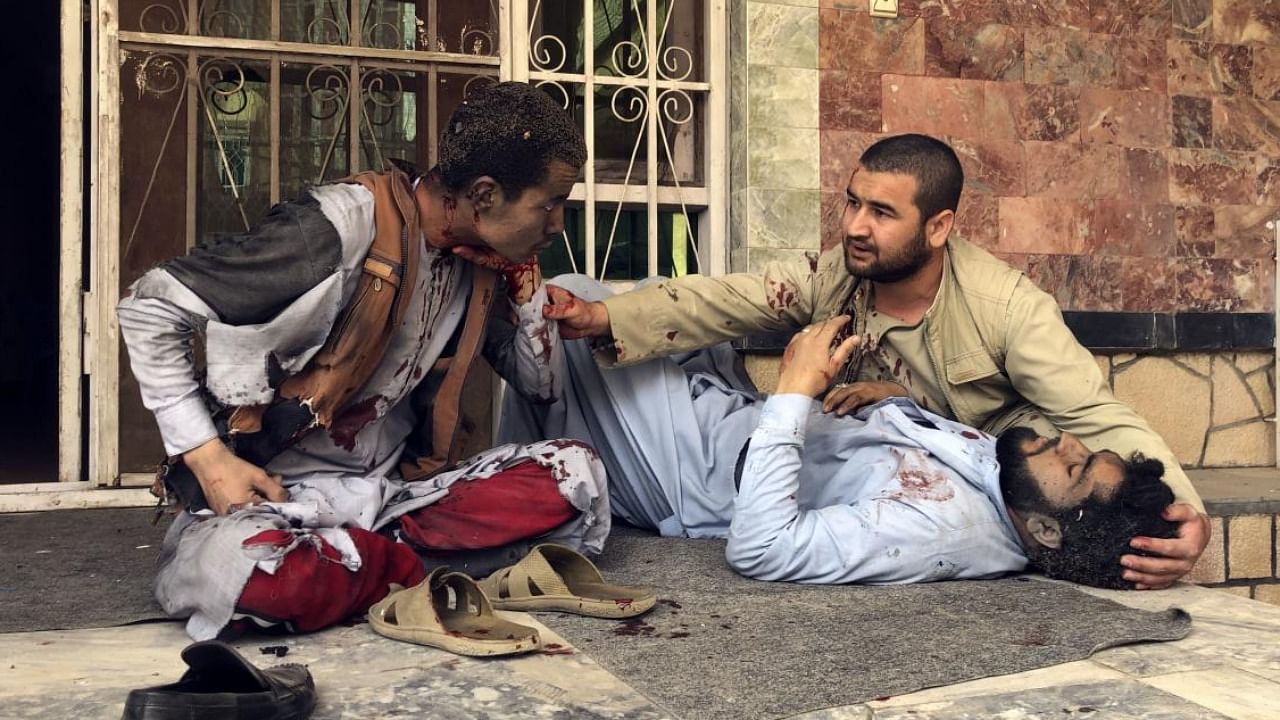
A bomb blast in the northern Afghan city of Mazar-i-Sharif on Saturday killed a security guard and wounded a group of journalists, as well as several children, police and a witness said.
The blast came two days after a suicide bomber killed the Taliban governor of northern Balkh province in an attack claimed by the Islamic State group.
The attack on Mohammad Dawood Muzammil in the Balkh provincial capital Mazar-i-Sharif on Thursday marked the killing of one of the highest-ranking officials since the Taliban stormed back to power in 2021.
Saturday's blast took place during an event honouring Afghanistan's media at a cultural centre in Mazar-i-Sharif. Police said a security guard was killed and that five journalists were among the wounded.
"I heard a big bang... then there was chaos as everyone was trying to find a way to escape," Afghan journalist Atif Arian, who was wounded in the blast, told AFP.
"Some journalists are seriously wounded."
Balkh police spokesman Mohammad Asif Waziri said three children were also among the wounded.
Arian said the explosion happened when a group of children were singing an anthem, minutes after a Taliban official had delivered a speech.
Afghan journalists were regularly targeted before the Taliban reclaimed power, with several attacks claimed by Islamic State.
"Targeting journalists during an event to honour reporters is a despicable and cowardly act," said Beh Lih Yi, Asia programme director at the Committee to Protect Journalists.
"The Taliban must investigate quickly, bring the perpetrators to justice, and end impunity for those who target journalists."
No group has so far claimed the attack.
Violence across Afghanistan has fallen since the Taliban seized control but security has deteriorated again, with Islamic State claiming several deadly attacks.
Muzammil, the Balkh governor, was killed by an IS suicide bomber minutes after he arrived at his office in Mazar-i-Sharif.
The jihadist group has emerged as the biggest security challenge to the Taliban government since last year, carrying out attacks against Afghan civilians as well as foreigners and foreign interests.
The Taliban and IS share an austere Sunni Islamist ideology, but the latter are fighting to establish a global "caliphate" instead of the Taliban's aim of ruling an independent Afghanistan.